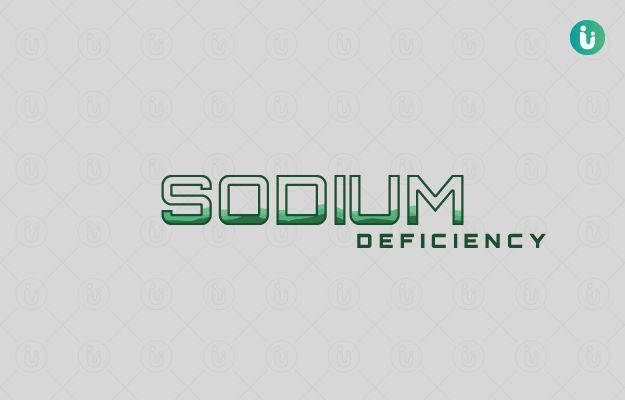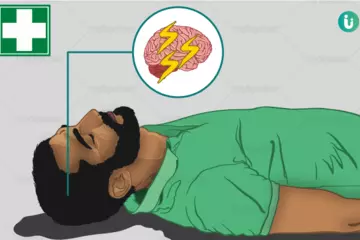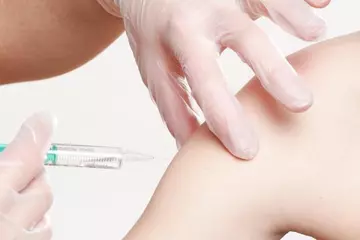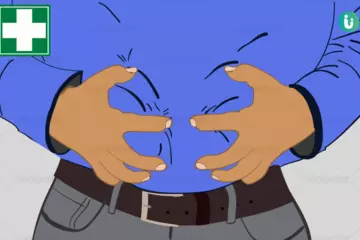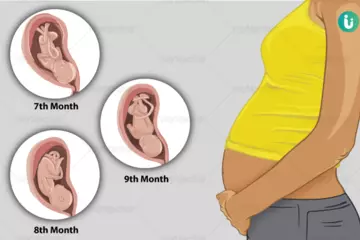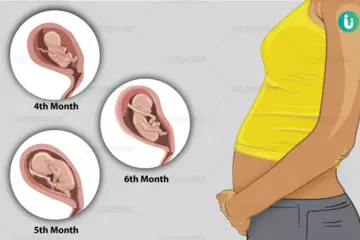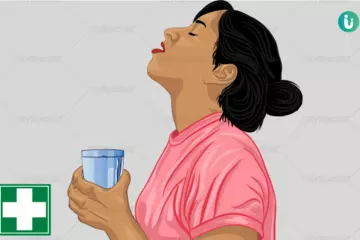What is Sodium Deficiency?
Sodium deficiency, also known as hyponatraemia, indicates reduced levels of sodium in the blood compared to the normal. It occurs when the sodium levels are lower than 135-145 milliequivalents/litre. Sodium is one of the major and essential electrolytes of the extracellular fluid and helps in the maintenance of the fluid-electrolyte balance.
What are the main signs and symptoms?
Symptoms become less evident when sodium deficiency is mild. As the severity of the condition increases, the following are noted
- Headache
- Nausea
- Hypotension
- Weakness
- Muscle pain with cramps
- Disorientation
- Convulsions and unconsciousness
- Irritable behaviour
What are the main causes?
It is found that large amounts of water in the body decrease sodium levels. Low levels of sodium may be attributed to the loss of either sodium alone or with water from the body.
Some other reasons include
- Inadequate functioning of the kidneys
- Fluid build-up in the body
- Use of medications that cause sodium loss
- Depression or pain medications that increase urine output
- Excessive vomiting and loose stools
- Increased thirst
How is it diagnosed and treated?
Your physician may order certain tests to observe the levels of sodium in body fluids. Physical examination will be carried out as an initial assessment. Symptoms may be questioned to rule out other conditions. Body fluids, such as blood and urine, will be analysed for the levels of sodium. The tests given below may be performed
- Serum sodium
- Osmolality test
- Sodium in urine
- Urine osmolality
Usually, treatment is given as per the cause and severity of the condition. The main treatment approaches include
- Intravenous fluids
- Medicines for symptomatic relief
- Reduction in water consumption
There are some drugs that increase sodium levels, but caution must be taken while using them. Other methods involve drinking electrolytes to correct sodium and salt levels. If there is kidney failure, dialysis may be beneficial to remove excess water.
Sodium deficiency may be corrected and is not a chronic condition, provided your vital organs are not compromised.

 Doctors for Sodium deficiency
Doctors for Sodium deficiency  OTC Medicines for Sodium deficiency
OTC Medicines for Sodium deficiency

